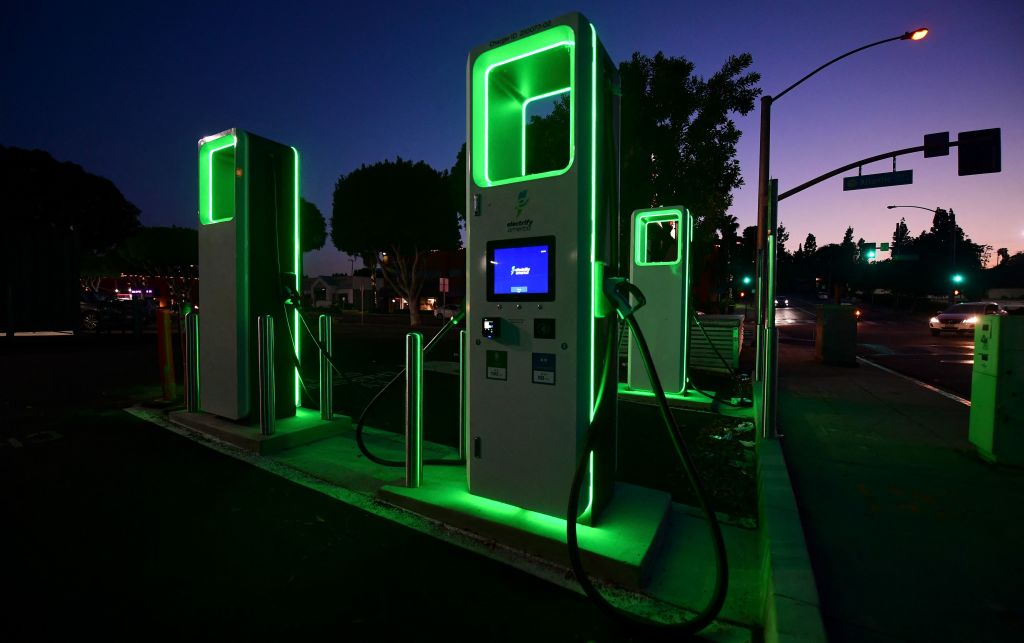Winter is coming.
OK, technically meteorological winter arrived last week, beginning as it does every year on Dec. 1. Astronomical winter, which is the one that shows up on your calendar as “First Day of Winter,” doesn’t kick off until Dec. 21.
But if you drive a Ford F-150 Lighting electric pickup truck, it may have felt like winter to you for quite a while already, especially if you live in a colder climate and follow the manufacturer’s recommendations for extending the vehicle’s range during the snowy season.
Because I don’t want to be accused of taking anything out of context, I’m going to just list those recommendations in their entirety, commenting as I go. (I’ll put Ford’s wording in italics for clarity, and I won’t cut anything they wrote — you can double-check me here if you’re the less trusting sort.)
1. Park your F-150 Lightning in a garage whenever possible.
I’d say that’s generally good advice for all vehicles. Keeping your car in a garage preserves its paint and wax jobs, as well as keeping it safer from vandalism and theft.
2. Keep your F-150 Lightning plugged in when parked.
Do the kids still say “duh” anymore? Because I feel like that’s the proper response here. “Want better battery life from your EV?” Ford seems to be asking. “Try plugging it in when you can.” Gee, thanks for the tip, Ford.
3. If planning a longer commute, precondition your vehicle using departure times to warm the battery while plugged-in by using the FordPass app or your trucks center screen.
This one raises several questions. Why is “plugged-in” hyphenated? Why does Ford allow people who don’t know how possessives work in English to publish on its website? Why would pre-warming your battery be more useful before “long commutes” than it would before short drives? A little explanation would be nice.
4. If equipped, use the heated seats and steering wheel as primary heat to reduce energy consumed by HVAC.
This is probably acceptable advice — if the temperature were, say, above 40 degrees. In the 40s and 50s, the heated seats would likely be sufficient to keep me comfortable. But there are parts of the country that don’t see 40 degrees for days, weeks, even months at a time. You’re going to tell people in Boston, Fargo or Nome to rely on heated seats? Do you even watch “Life Below Zero,” bro?
5. When charging, turn off the heater if possible, or lower the temperature enough to remain comfortable. (Especially when using DCFC)
DCFC, by the way, stands for “Direct Current Fast Charging,” which I hope electric vehicle owners know, because Ford made no effort to explain it on the page. Anyone trying to charge their vehicle using the Detroit City Football Club or a Death Cab for Cutie CD is going to be disappointed.
Again, this advice probably works adequately in “cool” temperatures — and probably doesn’t work even a little bit once the mercury dips below freezing.
6. If your F-150 Lightning is covered with snow, brush all the snow off before driving to eliminate extra weight and drag.
Again, good advice for literally any vehicle. It’s also just the polite thing to do — you don’t want snow or ice flying off of your vehicle on the highway, landing on someone else’s windshield and obscuring their vision. Or if you do, I don’t want to be driving behind you.
7. Keep driving speeds moderate in cold temperature as high speeds use more energy.
Once again, this is good advice for any vehicle in any climate conditions. Observing posted speed limits is not only safer; it’s more fuel efficient no matter what kind of fuel you rely on.
8. Ensure your tires are at the proper pressure.
Do I even have to say it at this point? Every driver should do this for every vehicle, and not just for range. It’s also safer and extends the life of your tires.
So, uh, thanks, Ford, I guess, for these eight tips, half of which apply to all vehicles and were learned by most of us in drivers ed many, many moons ago. Still, I hope electric vehicle owners in particular pay them careful mind. Because winter is coming.
Or, you know, it’s already here. Whatever.
This article appeared originally on The Western Journal.
























